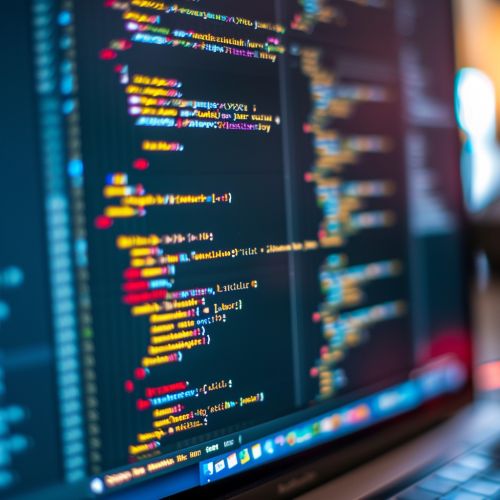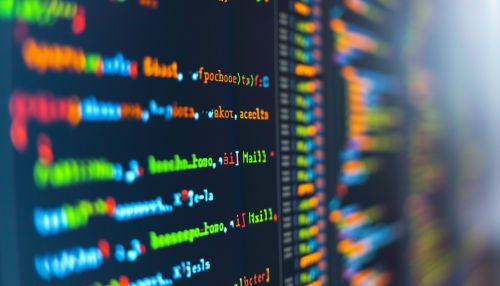The Art of Computer Programming
Introduction
The Art of Computer Programming is a comprehensive body of knowledge that encompasses the theory, design, development, and application of computer programs. This discipline is integral to various fields, including computer science, software engineering, and information technology.
History
The art of computer programming has its roots in the early 19th century with the invention of the Analytical Engine by Charles Babbage. The first programmer, Ada Lovelace, wrote algorithms for this machine, marking the beginning of programming.
Programming Languages
Programming languages are the tools used by programmers to instruct computers. They have evolved significantly over time, from low-level languages like Assembly to high-level languages like Python and JavaScript.


Algorithms and Data Structures
Algorithms and data structures are fundamental concepts in computer programming. An algorithm is a step-by-step procedure for solving a problem or accomplishing a task. A data structure, on the other hand, is a specific way of organizing and storing data in a computer.
Software Development Methodologies
Software development methodologies guide the process of developing software. These methodologies, such as Agile, Waterfall, and Scrum, provide a structured approach to programming.
Object-Oriented Programming
Object-Oriented Programming (OOP) is a programming paradigm that uses "objects" – data structures consisting of data fields and methods together with their interactions – to design applications and computer programs.
Functional Programming
Functional Programming (FP) is a programming paradigm where programs are constructed by applying and composing functions. It is a declarative type of programming style that focuses on what to solve rather than how to solve.
Procedural Programming
Procedural Programming is a programming paradigm that uses procedures, also known as routines, subroutines, or functions, which contain a series of computational steps to be carried out.
Concurrent and Parallel Programming
Concurrent and Parallel Programming are paradigms that allow for the execution of operations simultaneously, either physically or logically, improving the performance and speed of programs.
Debugging and Testing
Debugging is the process of finding and resolving defects or problems within a computer program that prevent correct operation. Testing, on the other hand, is an investigation conducted to provide stakeholders with information about the quality of the software product or service under test.
Ethics in Programming
Ethics in programming is a branch of ethics that is specifically related to the moral issues that come up during the development and use of computer software. It includes aspects like copyright infringement, plagiarism, and privacy issues.
Future of Programming
The future of programming is an exciting realm with emerging trends such as Quantum Programming, AI Programming, and Blockchain Development.
